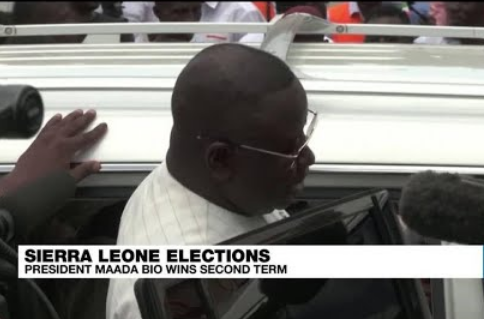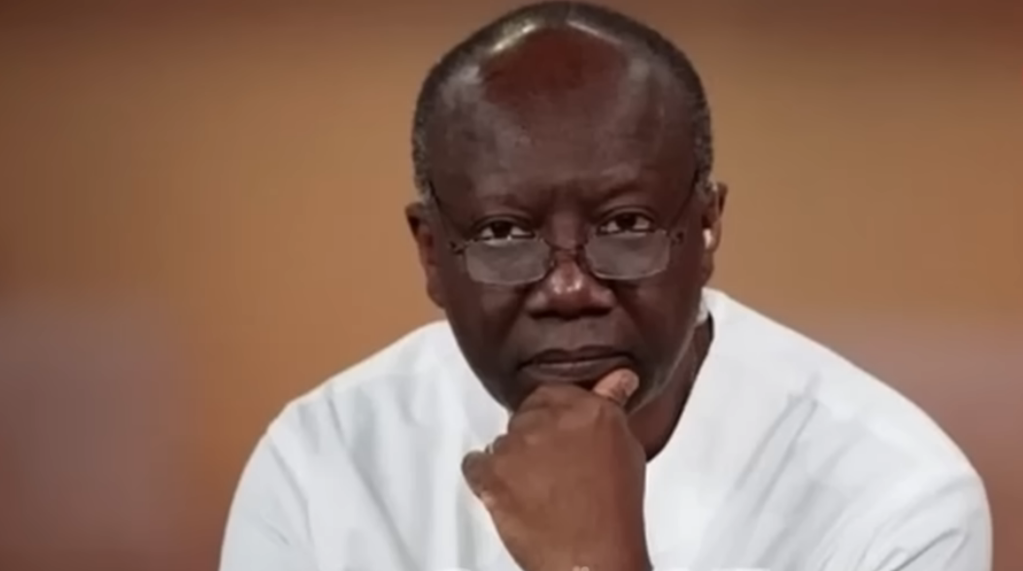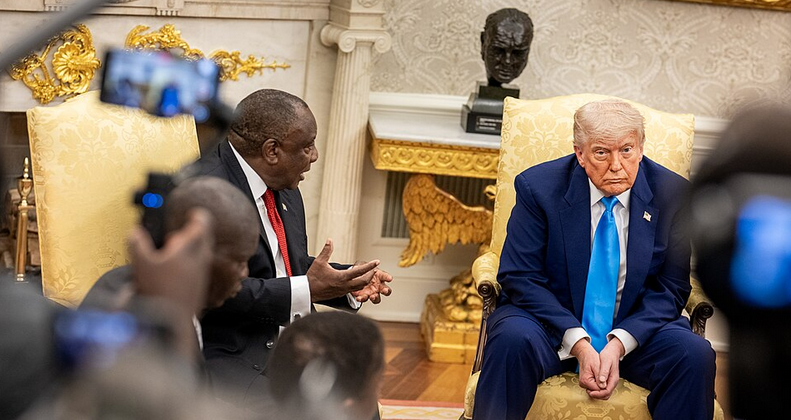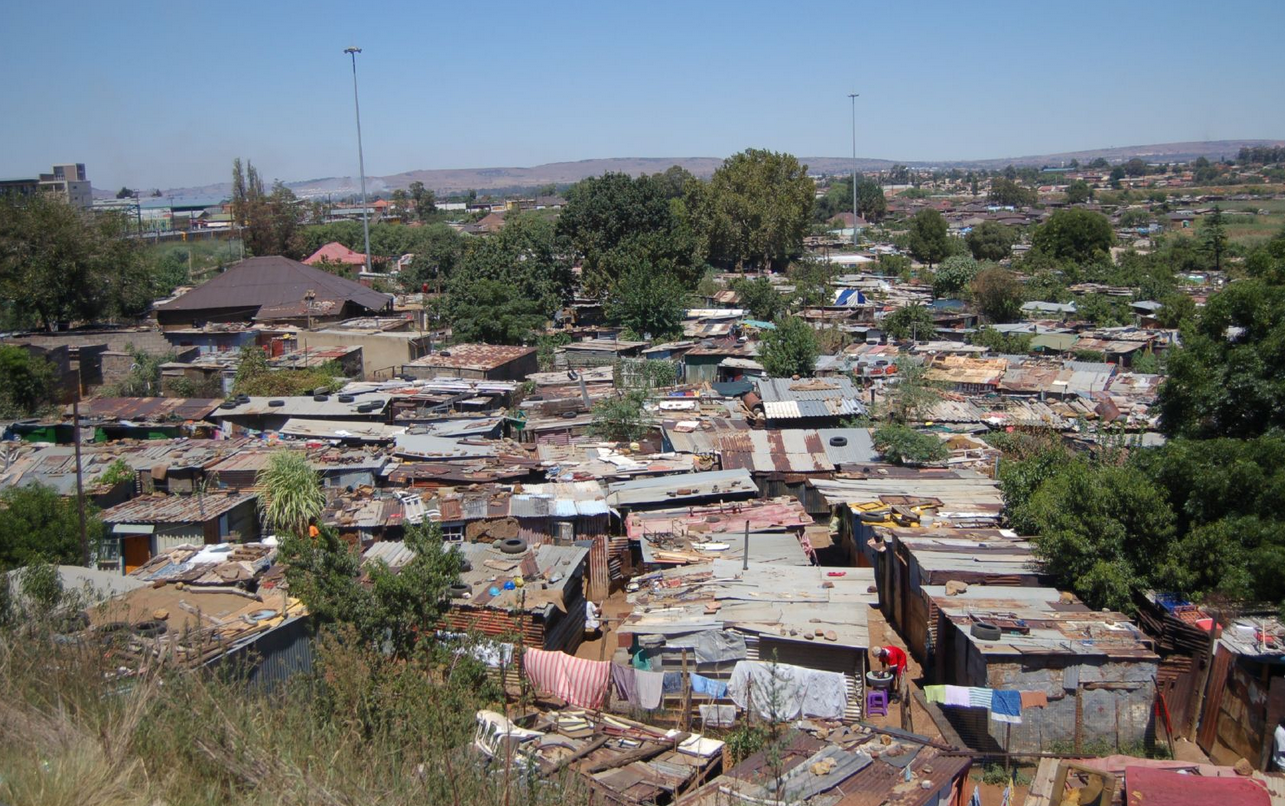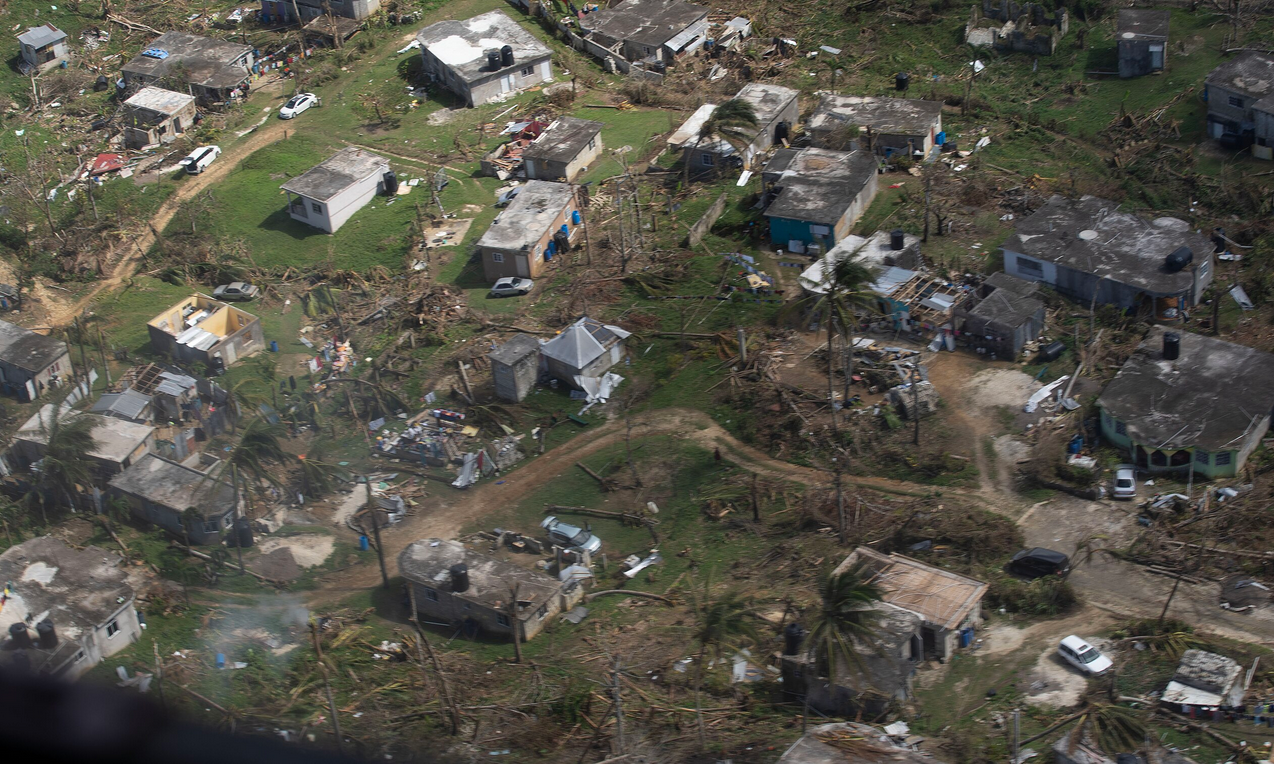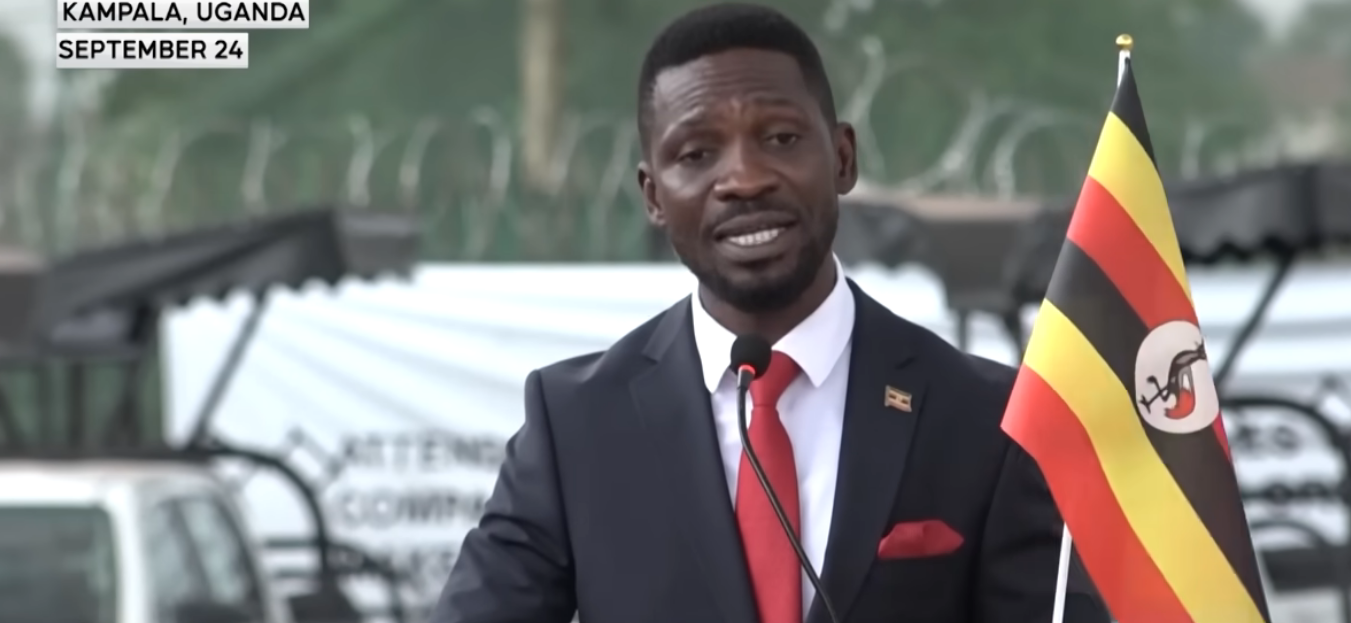By Orthame Kamara
Photos: Sierra Leone Telegraph\YouTube Screenshot
The noise coming from Western Election Observer Missions (WEOMs) and Western diplomatic missions (WDMs) in Sierra Leone on the June 24th, 2023 multi-tier elections reminds me of the lyrics in Fela Anikulapu Kuti’s “Teacher Don’t Teach Me Nonsense”. In that song, the Oyimbos (white people) are the teachers and the Africans their students. The topic is the disconnect between democracy that is practiced in Oyimboland and the “democrazy” (or the “demonstration of crase”) that Oyimbos teach Africans.
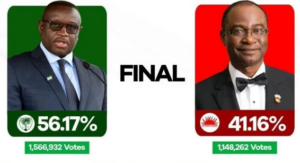
In their homelands, Fela noted, Oyimbos insist on reliance on established national institutions, especially the courts, to interpret their laws and regulate the actions of public officials. This reliance on judicial review of administrative actions is independent of the potential divisiveness of the subject matter, on the one hand, and the level of trust the citizenry have in their national institutions, on the other hand. More importantly, when the existing laws and regulations are found to be defective, new laws are effected to cure the defects. However, the existing laws and regulations remain in force until the new ones take effect. In short, as practiced in Oyimboland, democracy relies on judicial review as the last bastion against governmental and administrative overreach. Therefore, when a dispute arises from the administrative actions of public officials in their countries, Oyimbos do not invent new subterfuges to bypass or question the role of their courts as final arbiters in disputes over the legitimacy of those actions.
Fela further noted that in Africa, Oyimbos often propose shortcuts that bypass national institutions, including the courts, in order to force their own understanding of how Africans should practice democracy, which he labeled as “democrazy”. This propensity of Oyimbos to practice democracy in their homelands and propose “democrazy” for Africans is, according to Fela, fueled by their arrogant claim of inherent superiority over Africans. In short, “democrazy” is simply a neocolonial reconstruction of Rudyard Kipling’s “The Whiteman’s Burden”, which has been used time and again to justify Oyimbo imperialism on the premise that they have a benevolent duty to rule nonwhites in order to “civilize” the latter. Now that naked colonialism has no place in our world, the contemporary Whiteman’s Burden involves interfering in the internal affairs of nonwhite nations on the pretext of diffusing conflict and promoting peace and social stability. This, Fela concludes, amounts to “babala nonsense” (nonsense on a grand scale), which he urges Oyimbos to cease and desist from teaching to Africans.
The dichotomy between how the Bush-Gore 2000 election imbroglio in the United States was settled and the demands being made by our Oyimbo partners on the Electoral Commission of Sierra Leone (ECSL) clearly demonstrates Fela’s point. In the US case, the determination of the winner of the 2000 presidential election hinged on which of the leading candidates (Bush or Gore) won Florida’s 25 electoral votes. The then Florida Secretary of State, Kathleen Harris, certified that Bush had defeated Gore by 537 votes. Accordingly, she awarded Florida’s 25 electoral college votes to Bush, which gave him 1 vote above the 270 electoral college votes needed for the presidency.
After much legal gymnastics in the Florida courts, the Florida Supreme Court ordered a manual recount of the “undervotes” (about 62,000 votes that the vote-counting machines had not fully captured). Bush’s campaign appealed the Florida Supreme Court’s ruling to the Supreme Court of the United States (SCOTUS). Along ideological lines, the SCOTUS overruled the Florida Supreme Court (5-4) in favor of Bush and let the Florida Secretary of State’s certified result stand, which gave the presidency to Bush.
In arriving at its decision, over a very divisive and a potentially socially destabilizing political conflict, the fact that the Florida Secretary of State, Ms. Kathleen Harris, who was charged with overseeing an unbiased election in the state, was a registered Republican and co-chair of Bush’s election committee in Florida did not matter to the SCOTUS. Nor did it matter to the court that Florida law permitted Gore to request a statewide manual recount, since the difference between him and Bush was less than the 0.25 percent trigger for a manual recount. And the possibility that such a manual recount could have produced a different result did not also matter to the SCOTUS. Finally, it did not matter to the court that the infamous “butterfly ballots” used in certain counties had caused voters to unwittingly vote for Pat Buchanan when they intended to vote for Gore. All that mattered was the SCOTUS’s conclusion that the State of Florida had no mechanism that would guarantee that such a recount, under different local election laws across the state’s 67 counties, would provide equal protection to Bush, on the one hand, and whether there was enough time for the State to develop a uniform procedure for such a recount in time for the electoral college vote, on the other hand.
It is worth noting here that there were no international EOMs to adjudge the fairness and transparency (or the lack thereof) of the 2000 United States elections. And, certainly, no one suggested that the Florida Secretary of State should publish election results at the precinct level to assure Americans that the process was transparent and credible. In short, the Gore-Bush election crisis was resolved by the established constitutional institutions and procedures. And even though the citizenry’s trust in the SCOTUS was at an all-time low, the decision was accepted, and Bush became President.
We will now demonstrate how Oyimbos have time and again attempted to circumnavigate around Sierra Leone’s institutions and propose solutions that they would not allow in their own countries. We start with the 2007 elections, where the National Returning Officer, Christiana Thorpe, canceled votes in 477 polling stations in the SLPP’s heartland on the pretext that over-voting had occurred at those polling stations. This administrative decision gave the presidency to the APC’s Ernest Bai Koroma. That Ms. Thorpe did not have the authority to cancel validly cast ballots did not cause our Oyimbo partners to chastise and require her to follow her statutory duty, which was simply to collate election results that were received from the Regional Tally Centers and announce the winner. On the contrary, they busied themselves cajoling and blackmailing the SLPP leadership to accept Ms. Thorpe’s daylight robbery of the country’s highest office in Ernest Bai Koroma’s favor.
In the 2012 elections also, evidence of massive rigging in Bombali and Kono districts caused Ms. Thorpe to order manual recounts of votes in those districts. One would assume that by so doing, she was convinced, a priori, that the recount could materially affect the outcome of the election. As a pattern emerged from the recount that showed that the SLPP’s presidential candidate, Julius Maada Bio, could actually win the election on the first ballot, or, in the very least, force a second-round voting, Ms. Thorpe stopped the recount and announced Ernest Bai Koroma as having won the election with 58 percent of the vote. Again, our Oyimbo friends did not object to this blatant abuse of administrative power. And they certainly did not ask Ms. Thorpe to publish granular polling-station-level results in the interest of transparency. Their governments quickly endorsed another daylight robbery of the presidency of Sierra Leone.
Given the above history, it is quite amazing that Oyimbo EOMs and their diplomatic missions in the country are demanding that the ECSL publish polling-station-level data in order to convince them that the June 24, 2023 elections were free, fair, and transparent. To adequately evaluate this recommendation, it is necessary to note that Section 69 (1) of The Public Elections Act 2022 permits each “political party or independent candidate contesting an election” to “appoint 2 persons as Polling Agents to attend at each polling station within the electoral area”, their sole purpose being to observe the polls and protect their candidate’s interests. Sections 79 (1) and (2), meanwhile, empower independent candidates and political parties to appoint one of their polling agents at each station to serve as Counting Agents, who “shall” be present when the votes from each polling station are counted. At the conclusion of the counting, the votes at each polling station are recorded in a Statement of Results from Poll (SRP), which is certified by the Counting Officer in the presence of the candidates’ Counting Agents as the authentic result from that polling station. A certified copy of the SRP is then given to “each counting agent of a candidate or political party present at the poll” Section 88 (2d). In short, the process makes polling-station-level data automatically available to all candidates even before the SRPs are dispatched to the District Counting Officers.
It is clear from the above that all candidates in the elections should have received granular polling station data from their agents. Hence, it is not the duty of the National Returning Officer to produce such granular data. Of particular significance is the fact that Section 92 (4a) holds that “The National Returning Officer shall, upon receipt of the summaries referred to in subsection (3), cause those summaries to be tallied and computed and shall at the end forthwith declare the result of the election.” In the case of a presidential election, the Act merely requires the National Returning Officer to “ensure that the statements of the result of the polls and the sealed packages containing the voting papers and all other documents relating to the election, including all forms whether used or not, are securely kept by the Electoral Commission.”
Thus, it is palpably clear that the National Returning Officer is not required to rely on the contents of individual SRPs before announcing the election results. Nor is he required to disseminate those data to any person or party. He only has to ensure that the SRPs and all other election-related documents are securely kept by the ECSL. As such, the APC’s demand that the National Returning Officer publishes polling-station-level data, which has gotten the support of our Oyimbo partners, is nothing but a gimmick to give legs to the APC’s desperate attempt to convince their supporters that “the International Community” will annul President Bio’s re-election and order another election within six (6) months.
Clearly, if our Oyimbo partners were not so deeply afflicted by the Whiteman’s Burden syndrome, they would have simply advised the APC to challenge the results of the elections in the courts. This is the only remedy that our election laws allow. And this is what Oyimbos themselves practice in their homelands.
It is also worth stating that if the APC do not have the polling-station-level data because they did not field polling agents at all polling stations in the country, Section 94 (1) holds that “Where, in this Act, any act or thing is required or authorised to be done in the presence of the Polling Agents or counting agents, the non-attendance of any agent or agents at the time and place appointed for the purpose, shall not, if the act or thing is otherwise duly done, invalidate the act or thing done.” In short, no self-respecting court anywhere will order the National Returning Officer to provide data that would have been in the APC’s possession if they had paid due diligence to their responsibilities.
Finally, one might reasonably conclude that the tacit support of our Oyimbo friends for yet another APC stunt is the product of a colossal, but pitiable, lack of understanding of The Public Elections Act 2022. Such a conclusion will be wrong in view of the fact that the West supported Christiana Thorpe to rig both the 2007 and 2012 elections in the APC’s favor. My thinking is that they are behaving this way due to a serious affliction with what social scientists refer to as the time-inconsistency problem, which is an inherent human bias in favor of short-term goals (early gratification), even when they are inconsistent with long-term goals.
For example, if a mother gives her child candy whenever he misbehaves in public, that child would soon learn that misbehaving in public yields him a reward. Self-interest will therefore cause him to misbehave whenever he and his mother are in public. Eventually, the mother’s other children will also learn that bad behavior garners them a reward. Consequently, all of the mother’s children will choose to behave badly regardless of where they are. Thus, the mother’s bias in favor of the early gratification of a well-behaved child in public will end up being inconsistent with her long-run desire to have well-behaved children.
Similarly, if they know anything about the political history of this country, our Oyimbo friends would know that the APC are prone to using violence or threatening it in order to get political advantage, and this predisposition goes as far back as the party’s founding fathers. They would likewise know that, unlike the APC, the SLPP are largely peaceful and will oftentimes accept unfairness in the interest of peace and social stability, as they did in 2007 and 2012. Armed with this knowledge, our Western friends become deathly afraid whenever the APC threaten violence. Consequently, like the mother who gives candy to quell her son’s public misbehavior, our Oyimbo friends bend over backwards to accommodate the APC in order to keep them from misbehaving, believing that the SLPP’s interest in peace and social stability will cause them to always yield to every unreasonable APC demand. The danger in this thinking is that, like the mother’s other children, the SLPP might also eventually learn that political violence or the threat of it yields political dividends. Because neither party has a monopoly on violence, such a development could lead to social instability, an outcome that none of us desires for this country. It is therefore high time that our Oyimbo friends stop preaching “Babala Nonsense” to us and start making the APC know that airing their grievances in the courts is the only lawful remedy available to them. In Fela-speak, therefore, my message to the Oyimbos is simply this: “Teacher, don’t teach us nonsense.”
By Orthame Kamara
